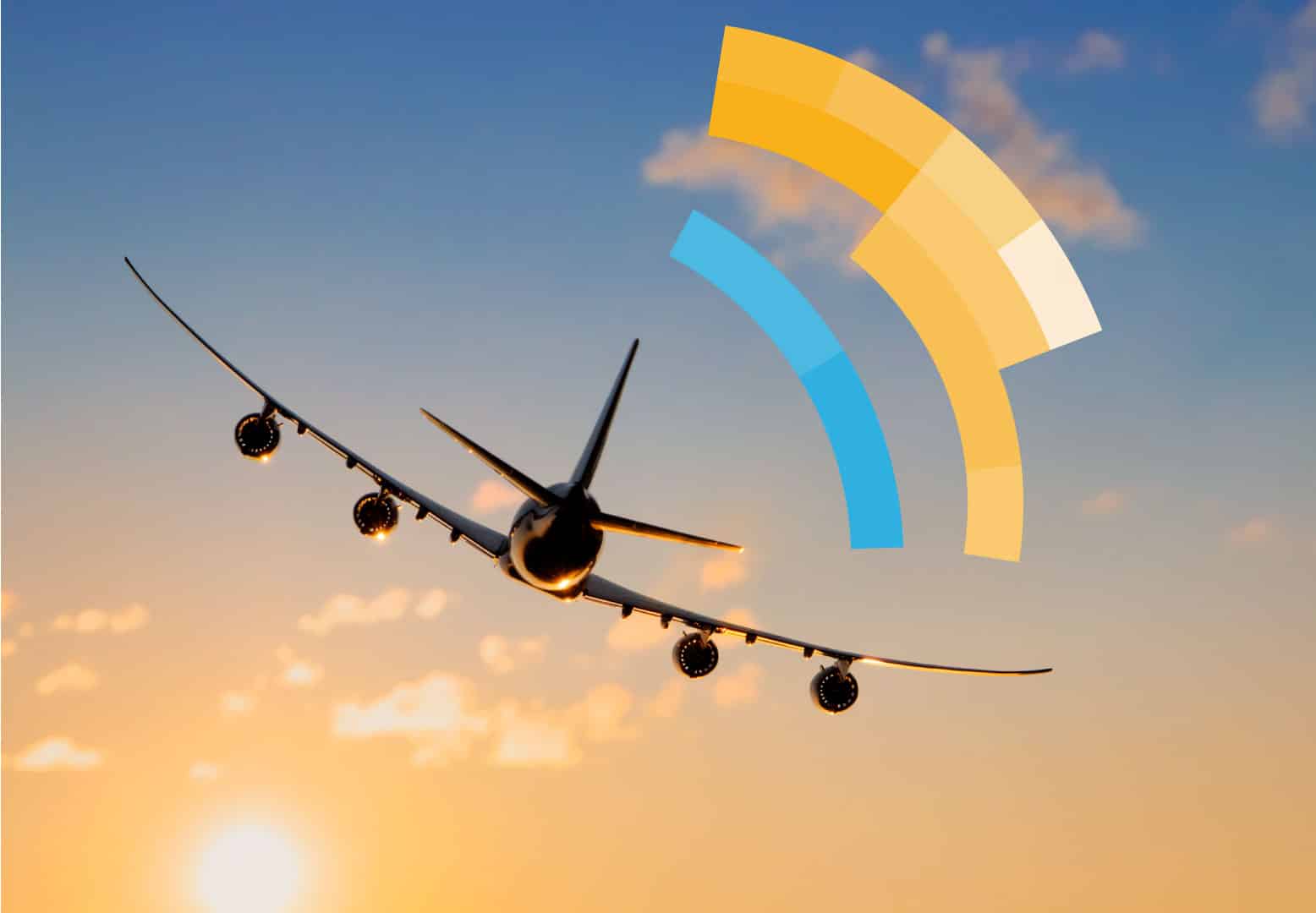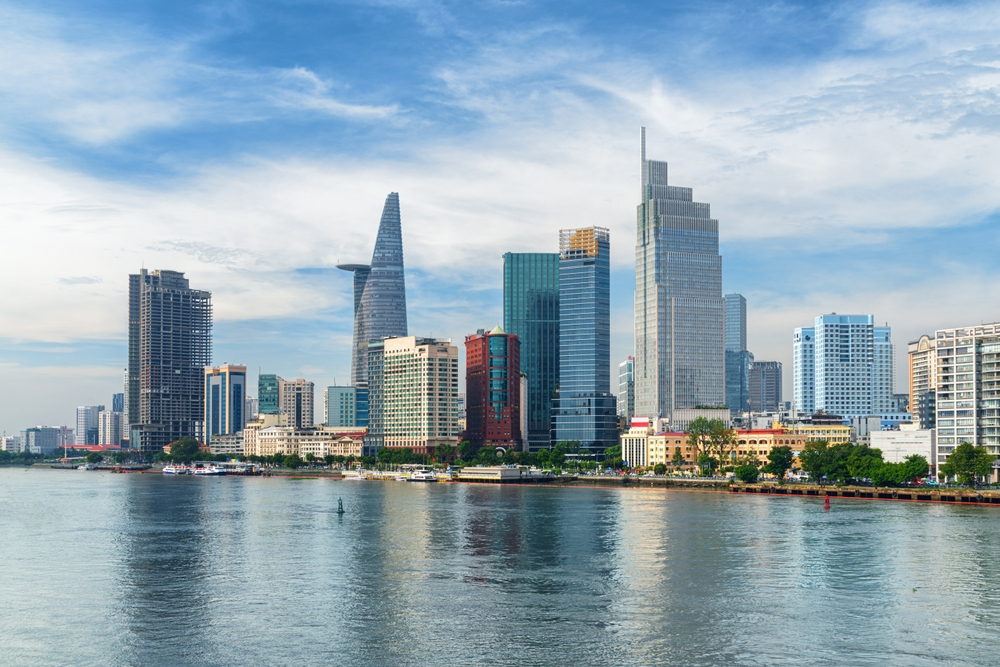
What is Trip Interruption Insurance?
It’s a type of travel insurance that reimburses you for non-refundable trip expenses if you have to cut your trip short for a covered reason. Trip interruption insurance works differently than other travel coverage. It’s like a mid-trip safety net that activates after you’ve already begun your adventure.
Each policy has its own list of covered reasons (so be sure to read the policy wording), but they typically involve unexpected situations outside your control. Imagine getting sick on vacation or facing a mandatory evacuation due to a natural disaster where the government has told you to evacuate – trip interruption can help you out in these unforeseen circumstances. The benefit can kick in when covering extra costs you face like booking a new flight home or needing a few more nights at the hotel while things get sorted because of an interruption during your trip.
What does trip interruption insurance cover?
Here’s what it typically covers:
- Getting back on track: If something disrupts your trip mid-journey, insurance can reimburse you for additional travel expenses to rejoin your trip where you left off.
- Catching up (or leaving late): Need to delay your departure or rush home early? Insurance can cover extra transportation costs to reach your destination or get back home quickly.
- Extended stays (not the fun kind): Unexpected events can force you to stay longer than planned. Insurance can help cover additional accommodation costs.
What qualifies as an interruption?
While specific reasons vary by policy, common ones include:
- Medical emergencies: Illness or injury to you, your travel companions, or close family members.
- Travel troubles: Accidents while traveling, mechanical failure of your transportation (like a plane), or severe weather disruptions.
- Unforeseen circumstances: Evacuation orders, quarantines, natural disasters, or even uninhabitable homes due to emergencies back home.
What is not covered by trip interruption insurance cover?
Here are some common exclusions:
- Intentional Acts: Self-harm, risky activities like mountain climbing, and illegal actions won’t be covered.
- Foreseeable Events: Planning a trip during a war zone or disregarding a doctor’s advice against travel falls outside the scope of coverage.
- Substance Abuse: Drug use is another reason a claim might be denied.
- Pregnancy: Trip interruption due to childbirth is typically excluded.
- Pre-Existing Conditions: Some policies may exclude trip interruptions arising from pre-existing medical conditions if they flare up within a specific time frame before departure.
Do I need Trip Interruption?
This is very much up to each person however here are some points to help you weigh things out.
- Costly Non-Refundable Expenses: If your trip involves expensive flights, tours, or activities with strict cancellation policies, trip interruption insurance can be a lifesaver. It reimburses you for these prepaid costs if an unforeseen event forces you to cut your trip short.
- Higher Risk of Disruptions: Consider your health, age, and your destination’s stability. Are you or your travel companions more susceptible to medical issues? Is your destination prone to natural disasters or political unrest? If so, trip interruption insurance can offer peace of mind.
- Limited Financial Backup: If unexpected trip cancellations would cause significant financial hardship, trip interruption insurance acts as a financial safety net.
Also check if you already have existing coverage as some credit cards and travel rewards programs offer basic trip cancellation or interruption coverage. Check with your credit card issuer and travel rewards programs to see if you’re already covered. By weighing the value of your trip, the likelihood of needing to interrupt it, and any existing coverage you have, you can make an informed decision about trip interruption insurance.
How much cover do I need for Trip Interruption?
The ideal amount of trip interruption coverage depends on the total cost of your non-refundable trip expenses. Here is a simple breakdown to help you out:
- Full Reimbursement: In the best-case scenario, your trip interruption coverage should aim to fully reimburse you for the value of your non-refundable trip costs if you’re forced to cut your trip short. This includes prepaid expenses like flights, tours, accommodations, and activities with strict cancellation policies.
- Extra Protection (Optional): Some travel insurance plans offer coverage that goes beyond 100% of your trip cost, sometimes reaching 150% or even 200%. This additional coverage can be a buffer for unexpected expenses that arise due to the trip interruption, such as extra transportation costs to get home early or additional accommodation if you’re stuck at your destination longer than planned.
To find the best trip interruption insurance plan, it’s crucial to shop around. Get quotes from multiple travel insurance providers and compare the coverage amounts they offer. Don’t forget to carefully review the exclusions in each policy to ensure the covered reasons for trip interruption align with the potential risks you might face during your travels.
How much does trip interruption insurance cost?
Trip interruption insurance typically costs somewhere between $50-$150 for basic 1-week coverage, but this all depends on your travel dates. For example, for LUMA’s Asia Pass, travel insurance for Asia would cost you 34 USD to 119 USD for a week’s trip if you are departing from the US.
How does Trip Interruption Insurance work in real-life examples?
Scenario 1: Volcanic Eruption in Indonesia
You’re on a trekking adventure on Mount Bromo in Indonesia when a sudden volcanic eruption forces the closure of airports. Trip interruption insurance can:
- Facilitate alternative transportation: If your original flight out of Bali gets canceled due to volcanic ash, the insurance might cover the cost of alternative transportation to get you home earlier, such as a ferry to a different island with operational airports.
- Reimburse extra accommodation: If you’re stuck in Indonesia due to airport closures, the insurance could help cover the additional hotel expenses you incur while waiting for flights to resume.
Scenario 2: Family Emergency in Japan
You’re exploring the vibrant streets of Tokyo when you receive news of a close family member’s serious illness back home in your home country. This is where trip interruption insurance can be beneficial:
- Cover early return flights: The insurance might cover the cost of your unused return flights and any additional flights you need to book to get home quickly to be with your family.
- Reimburse missed experiences: Prepaid cultural experiences in Kyoto or a traditional tea ceremony you can no longer participate in due to the urgent need to return home might be reimbursed.
Ultimately it all depends on your policy as each policy will have different exclusion and coverage conditions, the above are examples, be sure to read your policy in detail to understand your coverage.




